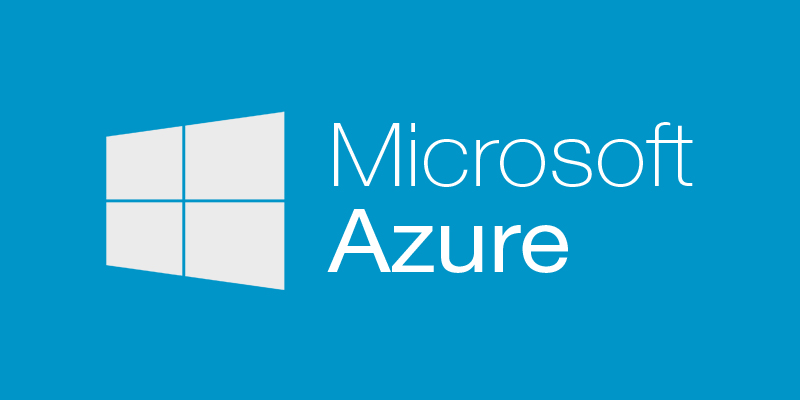 CLOUD
CLOUD
 CLOUD
CLOUD
 CLOUD
CLOUD
Artificial intelligence has emerged as a key competitive focus in the cloud market. Microsoft Corp.’s latest update to its Azure platform aims to up the ante on this front against rival providers.
The company on Thursday launched a public preview of Custom Vision, a service that lets developers train models for processing specific kinds of images. An e-commerce firm, for instance, could use media content from its online storefront to develop an AI that can automatically tag product photos with appropriate category labels.
Training models with sample data that closely matches the information they’ll process in the field can enable better accuracy than what pretrained computer vision services offer. A similar benefit is offered by AutoML Vision, an AI development tool that Google LLC rolled out for its public cloud in January. The search giant over time plans to extend its training features to other use cases besides object recognition.
Microsoft is targeting a broad range of applications as well. Alongside Custom Vision, the company released its Face API service for face and emotion detection into general availability with a number of improvements.
The biggest is a scalability boost that enables the service to recognize up to a million different individuals within images. This should come handy for organizations that use Face API on a large scale. A media company, as an example, might wish to organize archived photos based on who appears in them so that they can be easily discovered further down the road.
Completing the rollout is the launch of Bing Entity Search. It lets developers harness Microsoft’s search engine to help users find needed information within their applications.
The update comes hot on the heels of the company introducing a set of new cloud offerings geared toward the healthcare sector. The main highlight is Microsoft Genomics, a managed platform designed to support large-scale clinical research projects. Healthcare researchers use genomic data to understand out how different patients are likely to react to medicine and identify the best treatment options.
Support our mission to keep content open and free by engaging with theCUBE community. Join theCUBE’s Alumni Trust Network, where technology leaders connect, share intelligence and create opportunities.
Founded by tech visionaries John Furrier and Dave Vellante, SiliconANGLE Media has built a dynamic ecosystem of industry-leading digital media brands that reach 15+ million elite tech professionals. Our new proprietary theCUBE AI Video Cloud is breaking ground in audience interaction, leveraging theCUBEai.com neural network to help technology companies make data-driven decisions and stay at the forefront of industry conversations.